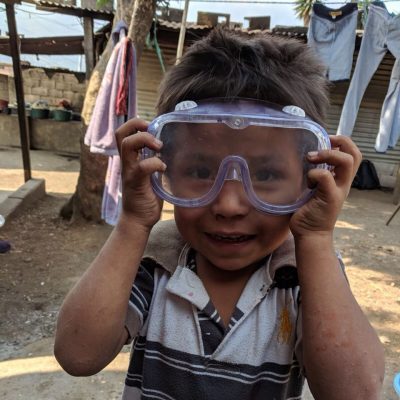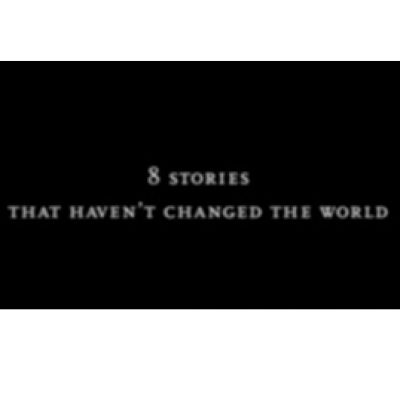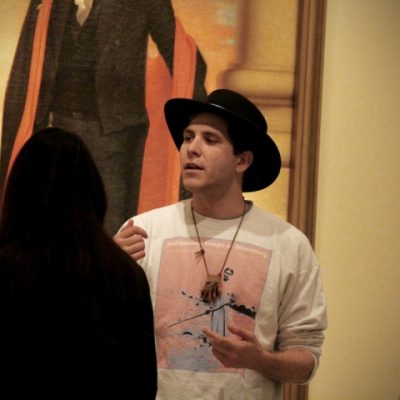Article
“My mom died when I was seventeen. These past seven years have familiarized me with cemeteries, grief, and thoughts about loss and honoring. Cemeteries and death are not avoidable to me. In fact, I seem to pay particular attention to them. Returning from Sarajevo, I was inspired to continue thinking about death through the voices of the living. Learning about the conflict in Bosnia in the 90s made me realize how each account of an event differs; there is no one true account of history. Collecting oral histories is a way to acknowledge that each person’s relationship to a time or place will always look and sound different. And they all are true. I want the people I interview to have time to reflect on the work they are doing and why they are doing it. I also want these stories to be able to reach other people to probe their ideas about burial, community, gentrification, and place.”

“Learning about the conflict in Bosnia in the 90s made me realize how each account of an event differs; there is no true account of history.”
Senior Fellow Matilda Ostow decided to address the invisibility and neglect of Mount Moriah Cemetery in Philadelphia, PA, and the unceasing commitment of its volunteers. “The cemetery’s ownership has been defunct since 2011 and, consequently, it has fallen into disarray and abandonment. This was until the Friends of Mount Moriah Cemetery, a nonprofit, was formed.” Volunteers through FOMMC began the slow process of mowing, cutting weeds, opening and closing the gate, and doing the maintenance that the privately-owned cemetery would have previously hired out. Matilda’s project, collecting stories and oral histories from a few of these volunteers, highlights the dedicated living community that has arisen out of a cemetery that has been forgotten by private ownership and the municipal government.
Matilda’s project highlights the dedicated living community that has arisen out of a cemetery.
After reaching out to the Friends of Mount Moriah group, Matilda met up with the director, Paulette. “She and I had the most fabulous day together– driving through the cemetery and her telling me its history, her relationship to it, and her vision for the landscape. I learned that Paulette’s husband, Gilbert, is buried in Mount Moriah. This experience was so pivotal in cementing my interest in Mount Moriah, and building a relationship with one of the people closest to stewarding Mount Moriah: Paulette. I had my audio recorder running the entire time and captured the electricity in the conversation as Paulette and I discussed history, death, green gentrification, native plants, and stewardship.” A few months after their interview, Paulette passed away and was buried in Mount Moriah; “I have never mourned someone I knew for so brief, so intensely. Paulette was thrilled about this project and interested in how the stories could be used to garner attention and funding for the cemetery. Now, this project feels more like a way to honor Paulette and the 7+ years that she dedicated to the Mount Moriah, and the dreaming that she did, which now is being enacted in her wake.”
“I loved conducting these situational interviews, where people were inspired to share stories based on the visual information we were receiving.”

Matilda’s interview with another volunteer, Ken, was similar. She biked to Mount Moriah, then got in his truck as they drove around talking and observing the landscape. “I loved conducting these situational interviews, where people were inspired to share stories based on the visual information we were receiving.”
Matilda is still figuring out the best way to display her interviews. “I am considering doing a consolidated audio piece that features Paulette and a few other voices to capture the heart of the Mount Moriah volunteers. I am also considering just making a piece about Paulette. Either way, I feel so moved by the voices I collected and hope that they too were able to learn something while sharing their experiences with me.”
“Either way, I feel so moved by the voices I collected and hope that they too were able to learn something while sharing their experiences with me.”




